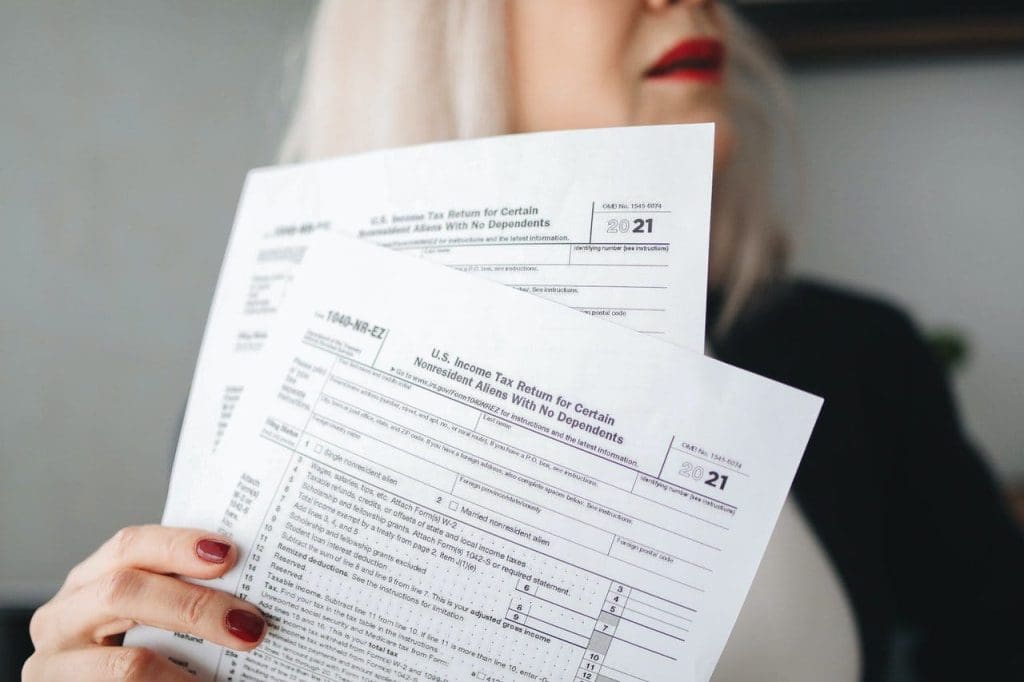Do you own a business? If so, you need to be aware of tax nexus laws. Nexus is the term used to describe the connection between a business and a state in terms of taxation. If you have nexus in a state, you are required to collect sales tax from customers in that state.
In some cases, however, businesses may be exempt from tax nexus. In this blog post, we will discuss six reasons why you may be exempt from tax nexus. Keep reading to learn more!
1. You don’t have a physical presence in the state.
If you don’t have a physical presence in the state, you are typically exempt from tax nexus. This means that you don’t need to collect sales tax from customers in that state.
To qualify for this exemption, you must meet all of the following criteria:
- You don’t have any offices, stores, or warehouses in the state.
- You don’t have employees working in the state, even on an occasional basis.
- You don’t have independent sales agents that operate in the state.
- You don’t own or lease any property (real estate) in the state.
If you meet all of these requirements, then it’s likely that you are exempt from sales tax nexus.
2. The goods you sell are not taxable.
In some cases, the goods you sell are not taxable. For example, food and clothing are typically not taxable in most states. If the goods you sell fall into this category, you are exempt from sales tax nexus.
Keep in mind that each state has its list of taxable and non-taxable items. Be sure to research the tax laws in your state to determine if your goods are taxable.
3. The income you earn is from services, not sales
If you earn income from services, such as consulting services or accounting services, then you are typically exempt from tax nexus laws. This is because these types of businesses require an employee to be physically present in the state where your customer resides in order to provide the service.
If you don’t have employees based in every state, it’s unlikely that you will have a tax nexus in any state. However, if your business sells taxable goods to customers in a particular state, then it’s likely that you have a tax nexus and are required to collect sales tax from those customers.
4. You’re selling to out-of-state customers only
If you’re only selling to out-of-state customers, you are typically exempt from tax nexus. This is because sales tax is only collected by the state where the customer resides.
For example, if you live in California and sell a product to a customer in New York, you would not be required to collect sales tax from that customer.
Keep in mind that this exemption only applies to sales tax. You may still be required to collect other types of taxes, such as income tax or use tax.
5. The state doesn’t have a specific law regulating internet sales
Some states have specific laws regulating internet sales. For example, California requires all businesses that sell products over the internet to collect sales tax from their customers. If your business is based in a state with these types of laws, you are not exempt from tax nexus.
However, there are many states that don’t have any specific laws regulating internet sales. If this is the case for your state, you are typically exempt from tax nexus. Be sure to check with your state’s department of revenue to confirm.
6. You’re not registered with the state’s department of revenue
If you’re not registered with the state’s department of revenue, then you are typically exempt from tax nexus. However, keep in mind that these laws can vary by state.
Be sure to check with your local tax agency and confirm whether or not you need to be registered before assuming that you are exempt from sales tax nexus.
Conclusion
If your business meets any of the criteria above, then it’s likely that you are exempt from sales tax nexus. However, be sure to check with your local tax agency or sales tax service to confirm.
The New Jersey Digest is a new jersey magazine that has chronicled daily life in the Garden State for over 10 years.
- Staffhttps://thedigestonline.com/author/thedigeststaff/
- Staffhttps://thedigestonline.com/author/thedigeststaff/
- Staffhttps://thedigestonline.com/author/thedigeststaff/
- Staffhttps://thedigestonline.com/author/thedigeststaff/


